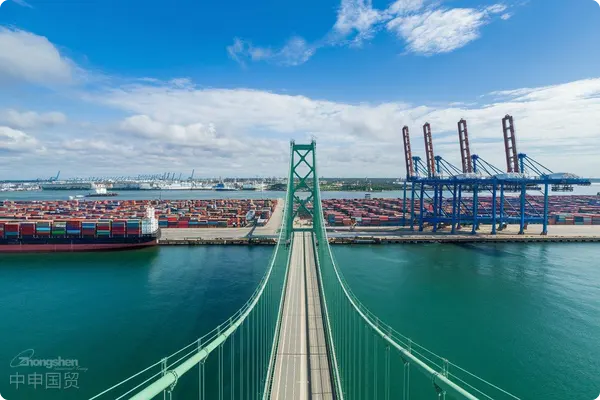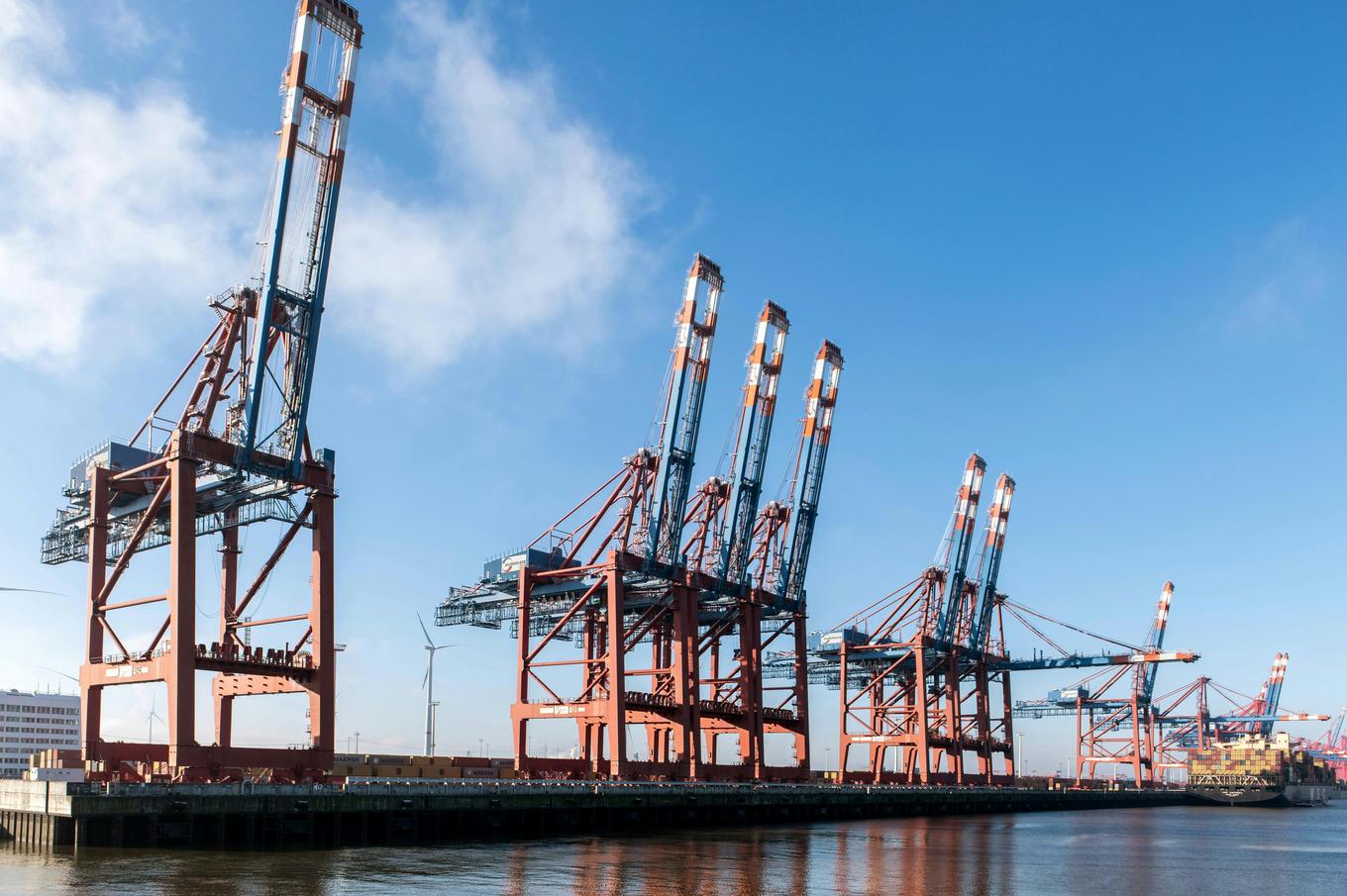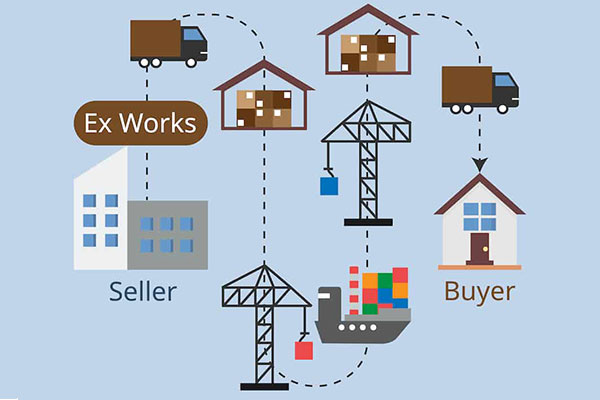- Shanghai Zhongshen International Trading Co., Ltd. – Your reliable partner with 20 years of import/export agency service expertise.

Export Agent ServicesWhat are the main fee items included in financing services?
Export agency financing services mainly include 5 core fees:
- Financing interest: Daily calculated capital usage cost, with 2025 industry benchmark rates approximately 8-15% annualized
- Service fee: 0.5-2% of the advanced capital amount, including document processing and risk management fees
- Exchange rate spread: Agents typically maintain a 0.3-0.8% exchange rate buffer
- Late payment fee: 0.05-0.1% daily penalty interest for overdue repayments
- Additional fees: Including?L/C?Advising fees, document authentication fees and other bank charges
How is the advanced capital interest specifically calculated?
In 2025, there are two mainstream calculation methods:
- Tiered interest calculation
- Within 30 days: 8-10% annualized rate
- 31-60 days: 12-14% annualized rate
- Over 60 days: 15%+ negotiated pricing
- Flat fee model
- 1.5-3% of advanced capital amount as all-inclusive fee
- Applicable for transactions with clear payment terms not exceeding 45 days
How to evaluate if an agents quote is reasonable?
Recommended assessment through three dimensions:
- Annualized rate conversion: Convert all fees to annualized cost, reasonable range is within 30% above bank loan rates
- Industry benchmark comparison: In 2025, comprehensive export agency service fees should not exceed 3.5% of transaction value
- Hidden fee inspection: Pay special attention to these potential costs:
- Early repayment penalty (should not exceed 20% of remaining interest)
- Document amendment surcharge (reasonable range: 200-500 RMB per instance)
- Penalty rules for delayed fund settlement (responsibility attribution must be clarified)
Does the advance payment service carry hidden fee risks?
Three types of potential risks require special attention:
- Exchange rate lock trap: Some agents stipulate fixed exchange rates in contracts, which may incur additional costs during actual settlement
- Fund occupation cycle: Calculation errors in the complete cycle from advance payment to receivables recovery
- Dispute handling fees: Approximately 30% of agency contracts include dispute resolution cost-sharing clauses
It is recommended to require the agent to providea full-process fee schedule, and clearly stipulate in the contract:
- Exchange rate calculation benchmark and adjustment mechanism
- Calculation method for fund turnover cycle
- Cost-sharing principles under force majeure circumstances
What new fee models will emerge in 2025?
The industry has seen two innovative billing methods:
- Dynamic interest rate mechanism
- Fluctuates based on real-time exchange rates published by China Foreign Exchange Trade System
- Assesses corporate credit ratings by connecting to the central banks credit reporting system
- Supply chain finance sharing model
- Multiple agencies jointly establish a capital pool to reduce financing costs
- Fees calculated based on actual usage days × shared capital pool benchmark rate
It is recommended to prioritize service providers offeringelectronic reconciliation systems, ensuring traceability and verifiability of each fee. According to the General Administration of Customs 2024foreign tradeservice research report, enterprises adopting digital fee management systems achieved 23% higher fund utilization efficiency and 41% lower dispute occurrence.
Resources
Contact Us
Email: service@sh-zhongshen.com
Related recommendations
Contact via WeChat

? 2025. All Rights Reserved.









